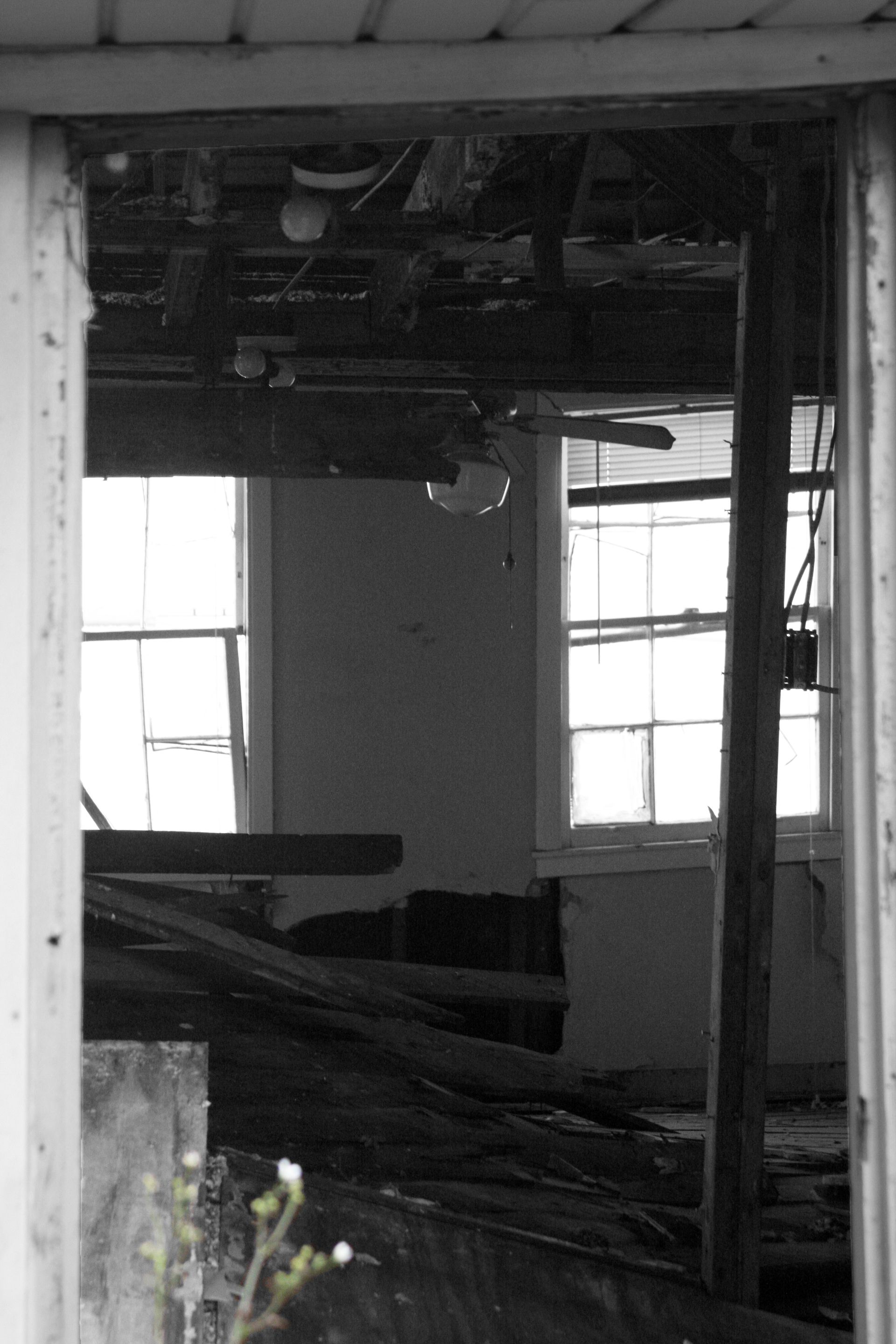Hurricanes & Natural Disasters
Hurricanes, tornadoes, and fire are catastrophes that can happen at any moment. Have you been impacted by a hurricane or natural disaster in Louisiana? If you have, there are several things you should keep in mind:
- If there is mandatory evacuation for your area, before you leave your home or business...
- Make sure to take a lot of pictures & videos of each area of the property. This includes the inside and outside of your property.
- Make sure you have a full copy of your property insurance policy (not just the declaration page).
A full insurance policy usually consists of approximately
40 to 60 pages. (Click for more info on Property Insurance) - Keep track of all your mileage, meals and keep your receipts for gas for travel expenses. If you are forced to stay at a hotel, keep your receipts! If you stay at a family or friend’s place and help contribute, get them to sign a dated statement for the contribution(s) you made.
- When you come back, inspect the property for damages. While inspecting the property — take a lot of pictures and videos (no matter how severe the sustained damage) before any mitigation on the property is started.
- Take an inventory of all the damage by exterior vs. interior—in a room-by-room capacity. Take photographs and videos of the damaged property, including items you plan to discard.
- After recording the damage, immediately throw away content and materials, such as perishable food items, clothing, pillows, etc., that could pose health risks and collect mold.

- Make a list of all the damaged contents in each room. Be sure to include:
- The quantity and description of each item;
- Whether the time was any brand name(s);
- The location of the item that was purchased;
- The cost, model and serial number (if appropriate);
- Location of the item in your property; and
- Your estimate of the loss amount.
- It is important to note that for business owners, you should have easy access to your financial records. Often, your adjuster for the policy would require copies of these records when processing claims. Financial records also include rental agreements, financial statements, and tax returns.
- If there are certain undamaged portions of your property, it is your duty as the property owner to mitigate further damage and to prevent further loss by taking actions such as tarping and securing the premises.
- Contact your insurance policy as soon as possible to get a claim number and date for an inspection. When making the claim, you will likely need to provide the name of your insurance company, policy number, and contact information.
- Make sure to get the name of the adjuster, when you spoke to the claimant and the date you spoke to the adjuster.
- For Flood Insurance Policies...
- If you have purchased flood insurance through the National Flood Insurance Program (“NFIP”) and the property was insured under a Standard Flood Insurance Dwelling Policy (“SFIP”) policy, it is very important that you submit your Proof of Loss form
within 60 days after the date of loss.
- Make sure you are present for the inspection and document the inspection conducted by your insurance adjuster.
- Contact our law office to schedule an appointment for a consultation have an assessment of your possible claims.

